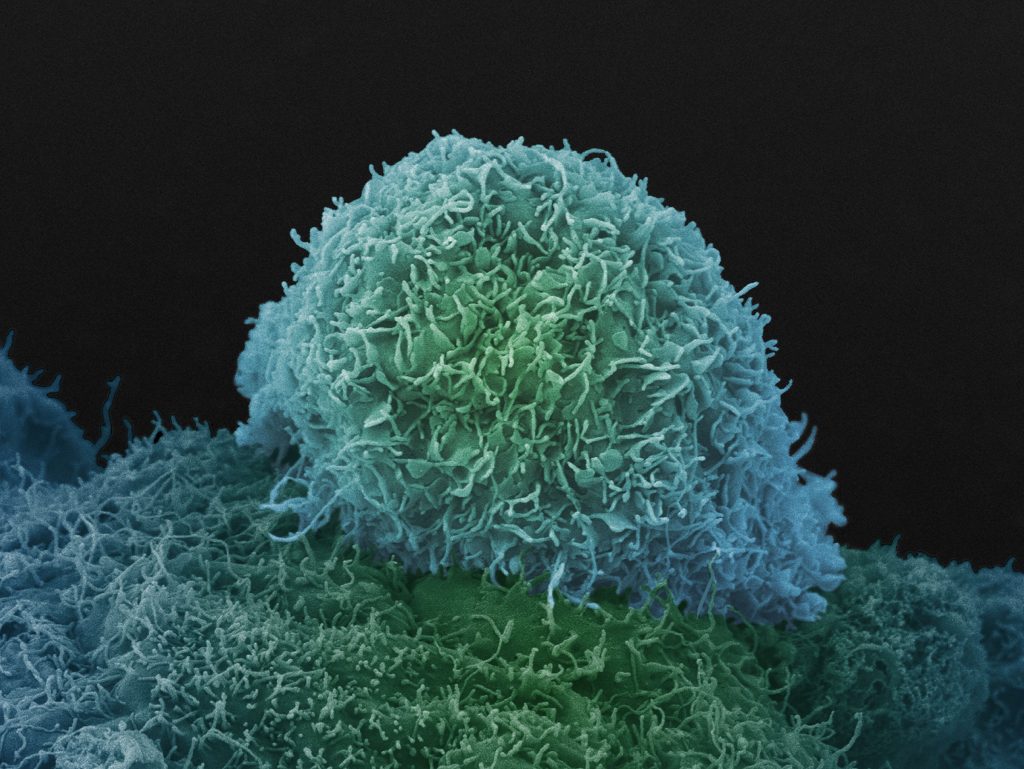
Brother Mr Rajesh Kavia, Consultant Urological Surgeon and Clinical Director, Department of Urology, London North West University NHS Trust gives a succinct presentation on the PSA test and Cancer. In the spirit of Masonic brotherhood and mutual care, it is vital that we, as brethren, remain informed about our health. One issue that affects many men, particularly as we progress through life, is prostate cancer, the most common cancer among men in the United Kingdom.
What is PSA?
The prostate is a small gland, roughly the size of a walnut, located below the bladder and in front of the rectum. It surrounds the urethra, the tube that carries urine from the bladder, and plays an important role in producing seminal fluid. PSA stands for Prostate-Specific Antigen, a protein naturally produced by the prostate gland. A simple blood test measures PSA levels, which can rise due to prostate cancer but also for benign reasons such as prostate enlargement or inflammation.
It’s important to note that prostate cancer rarely causes symptoms in its early stages. Many men are diagnosed opportunistically, often when they visit their GP with lower urinary tract symptoms such as a weak urine stream, hesitancy, or frequent night-time urination. This makes PSA testing a vital tool for early detection — before symptoms appear.

How Common Is Prostate Cancer?
Prostate cancer is the most frequently diagnosed cancer in men in the UK, with around 52,000 new cases each year and roughly one in eight men will be affected during their lifetime. The risk increases with age, and early detection significantly improves the chances of successful treatment.
Who Is at Higher Risk?
Certain men face a higher risk, particularly those of Black African or Caribbean heritage, who are about twice as likely to develop the disease compared with white men. Men of Asian descent tend to have a lower risk, while those with a family history of prostate or breast cancer are also more likely to be affected.
For these reasons, men are encouraged to discuss PSA testing with their GP from the age of 50, or from 45 if they are in a higher-risk group.
How Reliable Is the PSA Test?
The PSA test is a valuable indicator but not a definitive diagnosis. Some men with prostate cancer have normal PSA levels, and others with raised levels do not have cancer. A raised PSA simply means that further investigation such as an MRI scan or biopsy may be required.
What Happens If PSA Is Raised?
In Middlesex, men with a raised PSA are referred through the NHS Two-Week Wait (2WW) pathway. A specialist nurse will arrange further investigations, including an MRI scan of the prostate. If the MRI is non-suspicious, you will be referred back to your GP with a target PSA level for monitoring.
If the MRI is suspicious, you will undergo transperineal biopsies under local anaesthetic. A small probe is placed in the back passage, and fine needles take tissue samples from the prostate, via the skin between the scrotum and back passage. Results are usually available within 7–10 days.
Treatment Options
If cancer is confirmed, treatment depends on its grade and risk level. Active monitoring may be suitable for low-risk cancers. Radical prostatectomy, often performed robotically, involves surgical removal of the prostate. Radiotherapy uses precision radiation to destroy cancer cells and may be combined with hormone therapy. Focal therapies, such as cryotherapy (freezing) or HIFU (high-intensity focused ultrasound), target only the affected area of the prostate.
If the cancer is high-grade or has spread, treatment focuses on control rather than cure. This may involve hormone deprivation therapy, chemotherapy, or newer targeted drugs. Hormone therapy works by reducing testosterone — a hormone that fuels prostate cancer growth.
Middlesex Freemasonry and the CHAPS Charity
As part of our continuing commitment to men’s health, Middlesex Freemasonry proudly supports PSA testing events in partnership with the charity CHAPS. These community-based sessions offer men an opportunity to have a simple PSA test often the first step in early detection and timely treatment.
This initiative reflects our shared Masonic values of charity, compassion, and service, ensuring that we not only care for our brethren but also support the wider community.
A Call to Brotherhood and Beyond
As Freemasons, we are taught to care for one another, but our duty of care extends beyond the Lodge room. Let us encourage not only our Masonic brethren, but also our friends, colleagues, and family members, to think about prostate health and to speak to their GPs about PSA testing. By spreading awareness and encouraging early screening, we uphold our Masonic principles of brotherly love, relief, and truth, helping men, both within and beyond the Craft, benefit from early detection and better health outcomes.
Talks and Lodge Engagement
Brethren and Masonic centres interested in hosting prostate health awareness talks or educational evenings are warmly encouraged to get in touch.
Middlesex Mason and Urological Consultant Mr Rajesh Kavia would be delighted to support Lodges or Centres within the Province and beyond by providing informative sessions on prostate health, PSA testing, and the latest advances in care. Please make contact through the Provincial Grand Almoner W. Bro Ivan Chu on ivan.chu@pglm.org.uk
Where to Learn More
CHAPS Men’s Health Charity – Free PSA testing and prostate awareness events across the UK
Prostate Cancer UK – Information, support, and helpline for men and their families
NHS – Prostate Cancer Information – Guidance on PSA testing, diagnosis, and treatment







